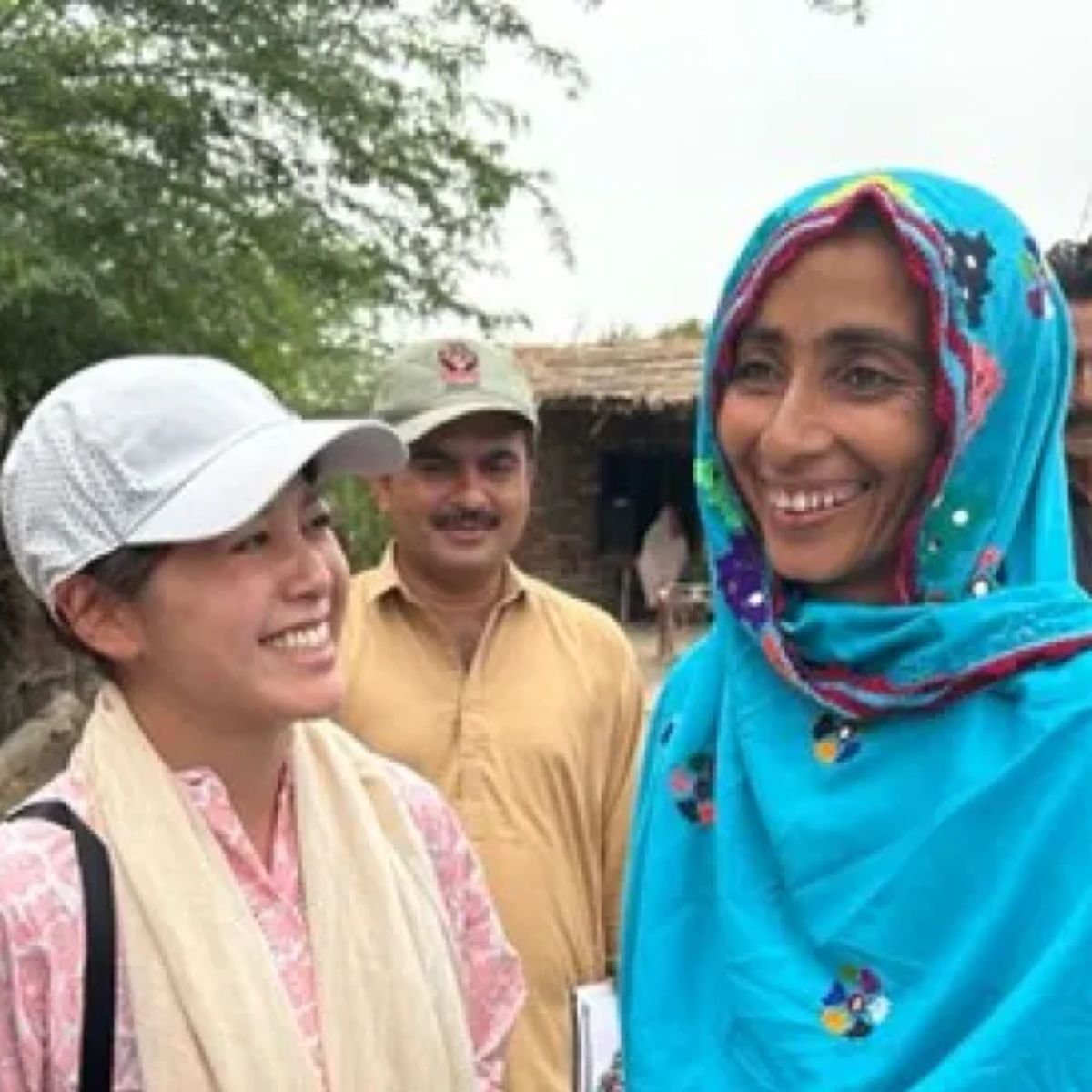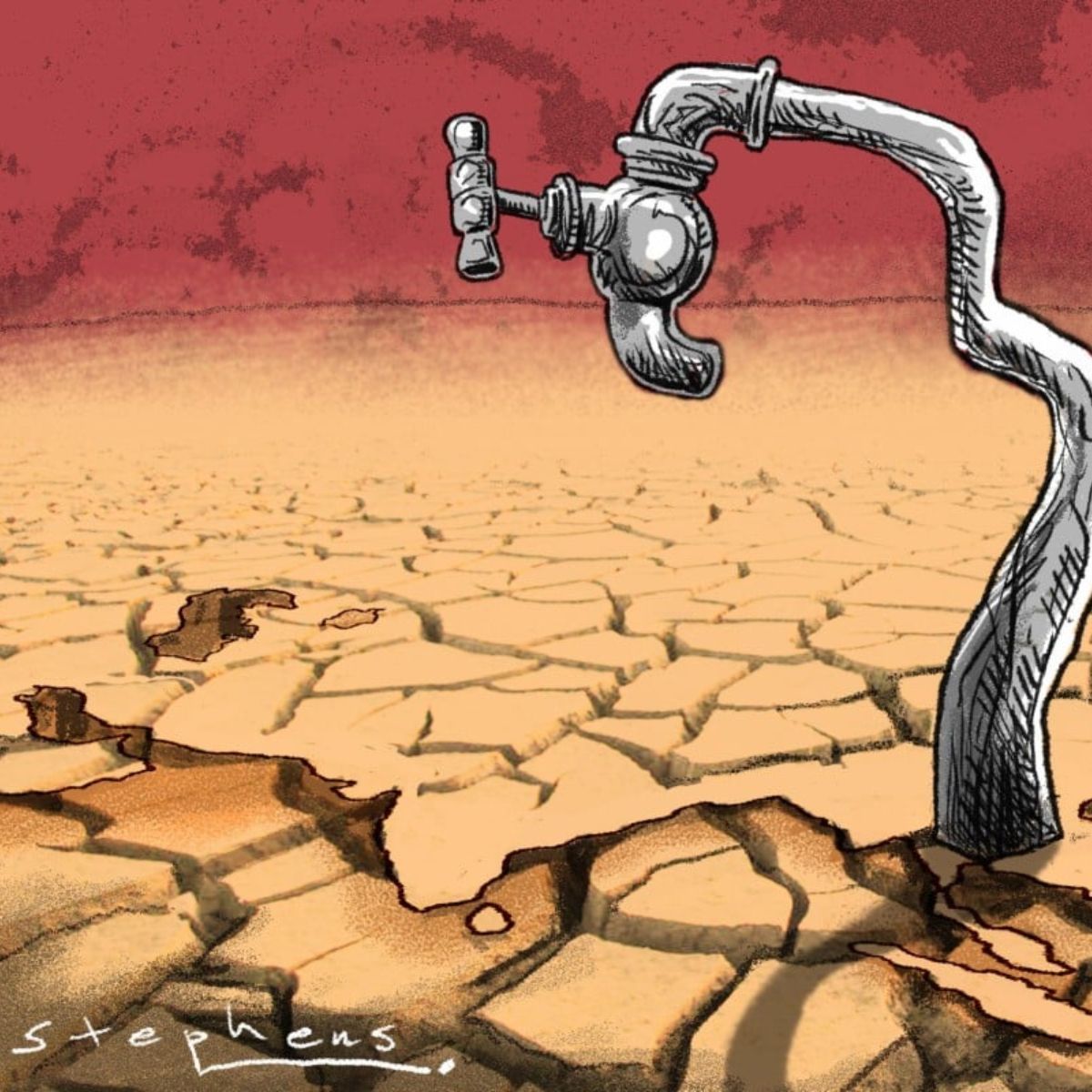South Asia Needs a “Marshall Plan” for Climate Resilience
Source: World Bank Blogs
Date: 27 Nov 2023
In the aftermath of last year’s devastating floods in Pakistan, impacting 33 million people, the urgency of climate action in South Asia is evident. With rising temperatures, cyclones, and receding glaciers threatening 1.9 billion lives, the World Bank’s South Asia Climate Roadmap emphasizes the risk to 800 million vulnerable individuals. Addressing the imminent challenges, the priorities include strengthening national climate plans, implementing carbon markets, enhancing adaptation and resilience with technology, emphasizing sustainable cooling, and leveraging COP28 for international cooperation and financing. Urging a united global effort, the call is for a comprehensive ‘Marshall Plan’ to safeguard lives and livelihoods in South Asia.
Climate change: water scarcity is fuelling new crises across Asia
Source: South China Morning Post
Date: 23 Nov 2023
The global water crisis intensifies as climate change depletes vital freshwater resources, with more than 2 billion people lacking access to safe drinking water and 4 billion facing severe scarcity. China confronts a severe water crisis, impacting economic stability. Southeast Asian countries, including Thailand, Vietnam, and Indonesia, grapple with droughts, saline intrusion, and pollution. South Asia, home to almost 2 billion people, faces a dire water crisis driven by climate change effects, risking food production, economic growth, and political stability. COP28 must prioritize water security through adaptation plans and funding mechanisms, or the consequences could be catastrophic.
New maps show where snowfall is disappearing
Source: CNN
Date: 25 Nov 2023
A global decline in snowfall due to human-caused climate change poses severe threats beyond reduced shoveling. It can reinforce warming and impact water and food supplies for billions. Climate scientists predict a warmer world will shift precipitation from snow to rain, leading to a 2.7% decline in annual global snowfall since 1973. This trend, particularly pronounced in the Northern Hemisphere’s mid-latitudes, could jeopardize water supplies. Snowpack, essential for water storage, is decreasing, risking water availability in areas like the American West and South Asia. The complex issue demands nuanced solutions and comprehensive research to navigate the evolving relationship between snow and water supplies.



